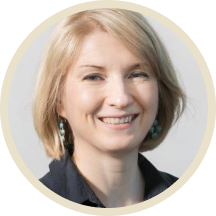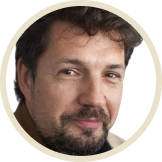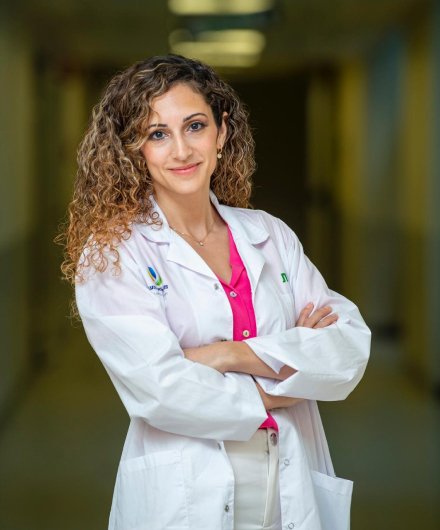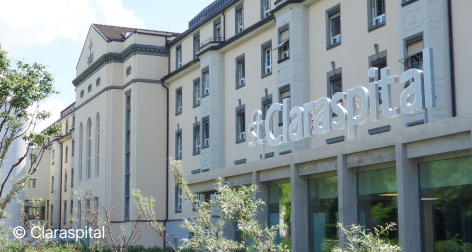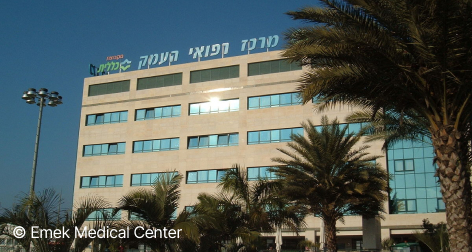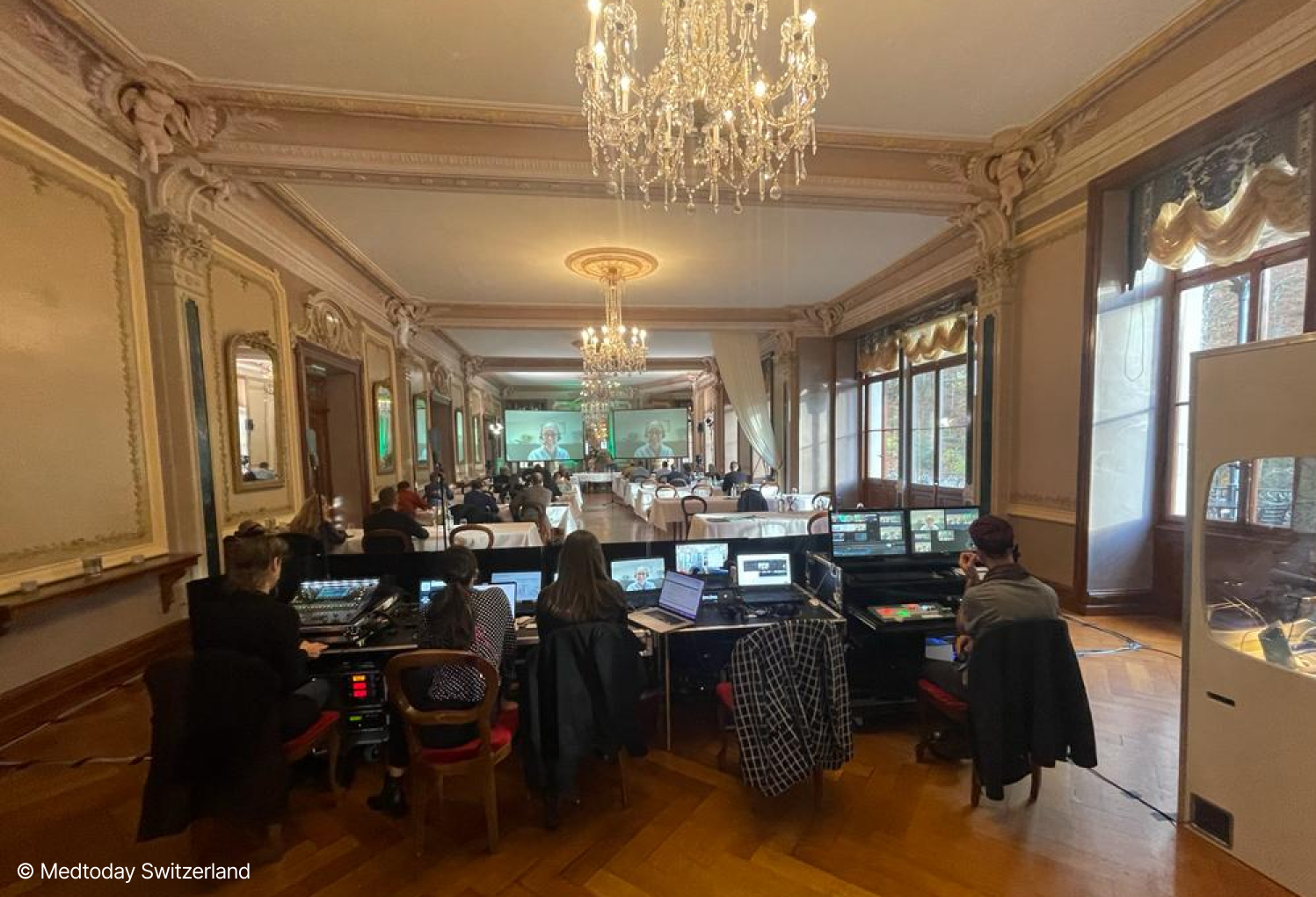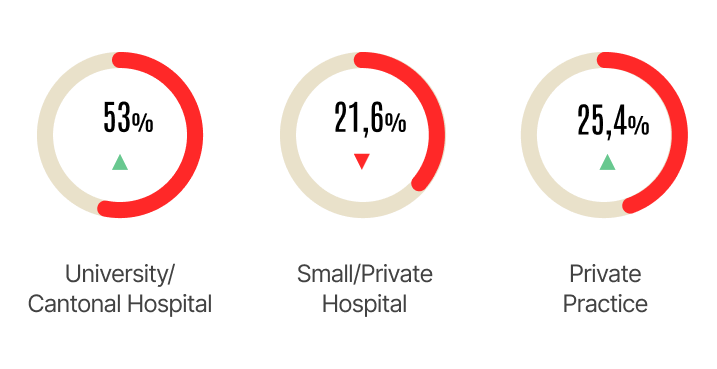It has become impossible for oncologists to cover cancer events that are organised around the world, or even try to attend the most important ones in person. Experts must ask themselves: How important are these events in the future, or rather, how fateful could it be to miss out on vital information?
Whether the inability to keep up with all of the most recent knowledge and results presented at the leading oncology conferences has a negative impact on clinical practice are questions that “Digest” asks Sybille Holtkamp, managing director of Medtoday Switzerland.
“Most oncologists probably don’t know the whole variety of events.” – Sybille Holtkamp
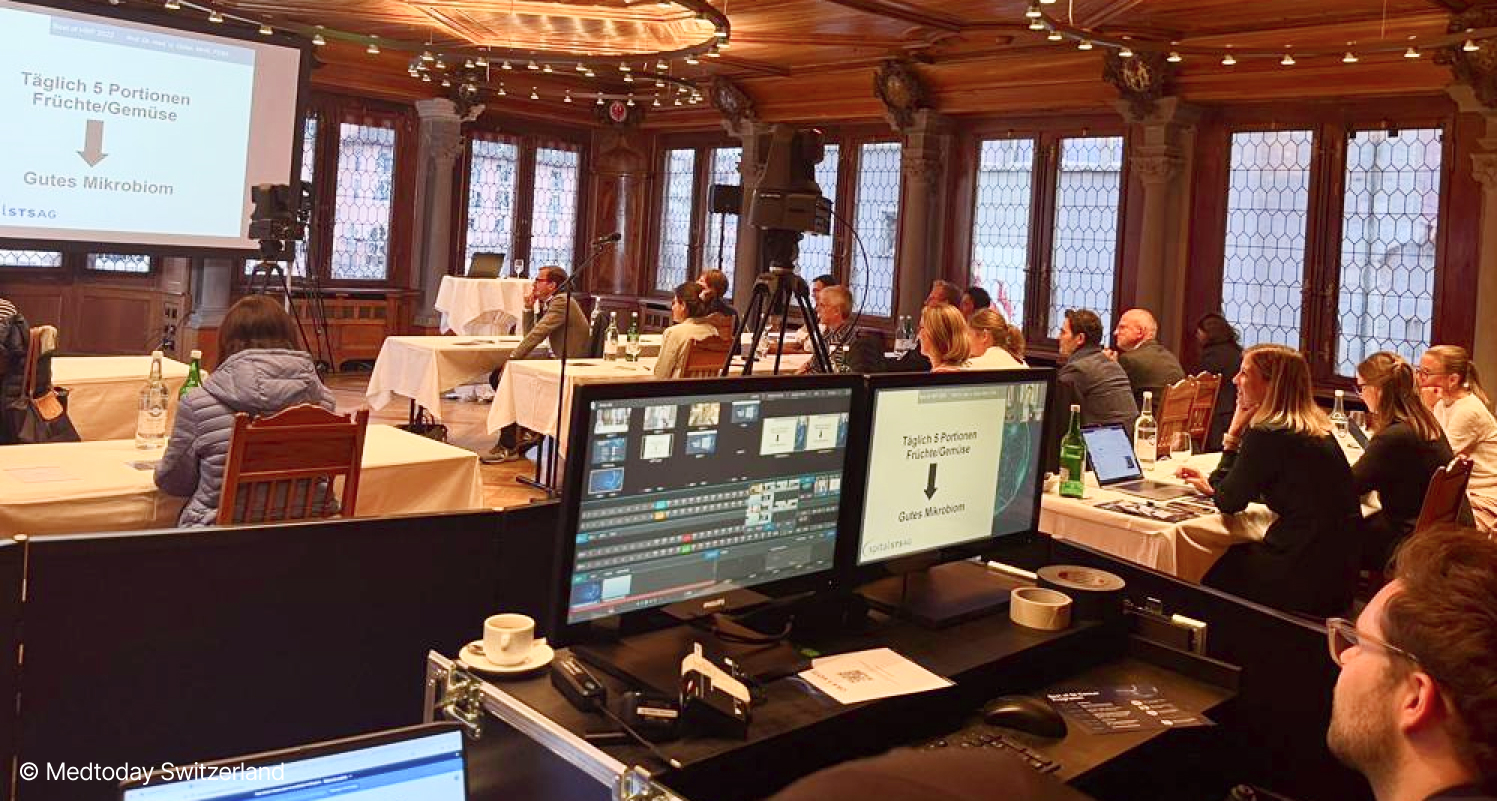
Based on what grounds do you make a selection on which conference you will showcase?
Often, doctors approach us because they have an idea for a new event and we create the concept, do the market research, try to raise the funding, and organise the event for them. In cancer care, we, of course, focus on the large conferences in the USA and Europe, such as ASCO and ESMO but also their specific conferences e.g. on GI. The selection of which medical conferences we cover is done by our scientific committees and chairs.
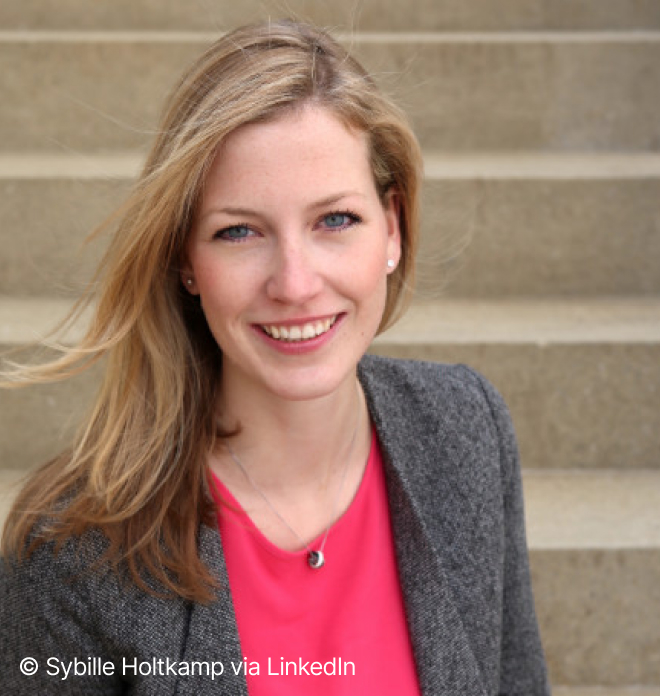
Sybille Holtkamp, managing director of Medtoday Switzerland
The scientific leaders of the Oncology Compass take part in webinars to discuss trials they have selected. Which of these webinars had the greatest impact?
In some webinars we reach 80 participants, in others only 30. It has become increasingly important to make the recordings available on-demand afterward. The interaction between the invited panellists and the participants is quite low in fully virtual programs. That is the biggest challenge of webinars. Some experts like to ask poll questions to the audience, but the participants rarely ask questions themselves or share their opinion.
Nowadays it seems every info is available online – why are actual physical events still needed?
True, information is available online. But the biggest challenge is to determine what is really newsworthy and important, what is practice-changing – and what is not. We focus on the discussion of important findings. It works in virtual meetings, but physical meetings are more natural. Also, the interaction is better at the location, between the experts and also between participants and experts. Speakers sometimes ask the audience to vote by raising their hand on a topic or treatment question or they address a colleague in the audience to give a short statement. That is not really possible in the webinar setting to that extent. Also, more people take the courage to ask questions or share their opinion.
How important is personal networking?
That’s actually the most important part. Exchanges with colleagues over a coffee on a patient, trial, or new drug, cannot be as casual in a virtual setting. And of course, meeting new people from other hospitals increases their network. A quick question to the pharma sponsor regarding a drug is only possible at physical events.
How important is the exchange of views between colleagues?
Let me give you an example. One of our experts is an expert in prostate cancer at a hospital. But he is the only expert in this field at this hospital. So, if he does not know how to proceed, no one in his institution can help him or the patient. Yet if he gets in touch with another prostate cancer specialist at another hospital, these two experts can evaluate options together. During office hours in a hospital or practice, this time is missing sometimes, so the casual meetings at events are also often used to discuss patient cases or to discuss a new drug and if a colleague has already used it.
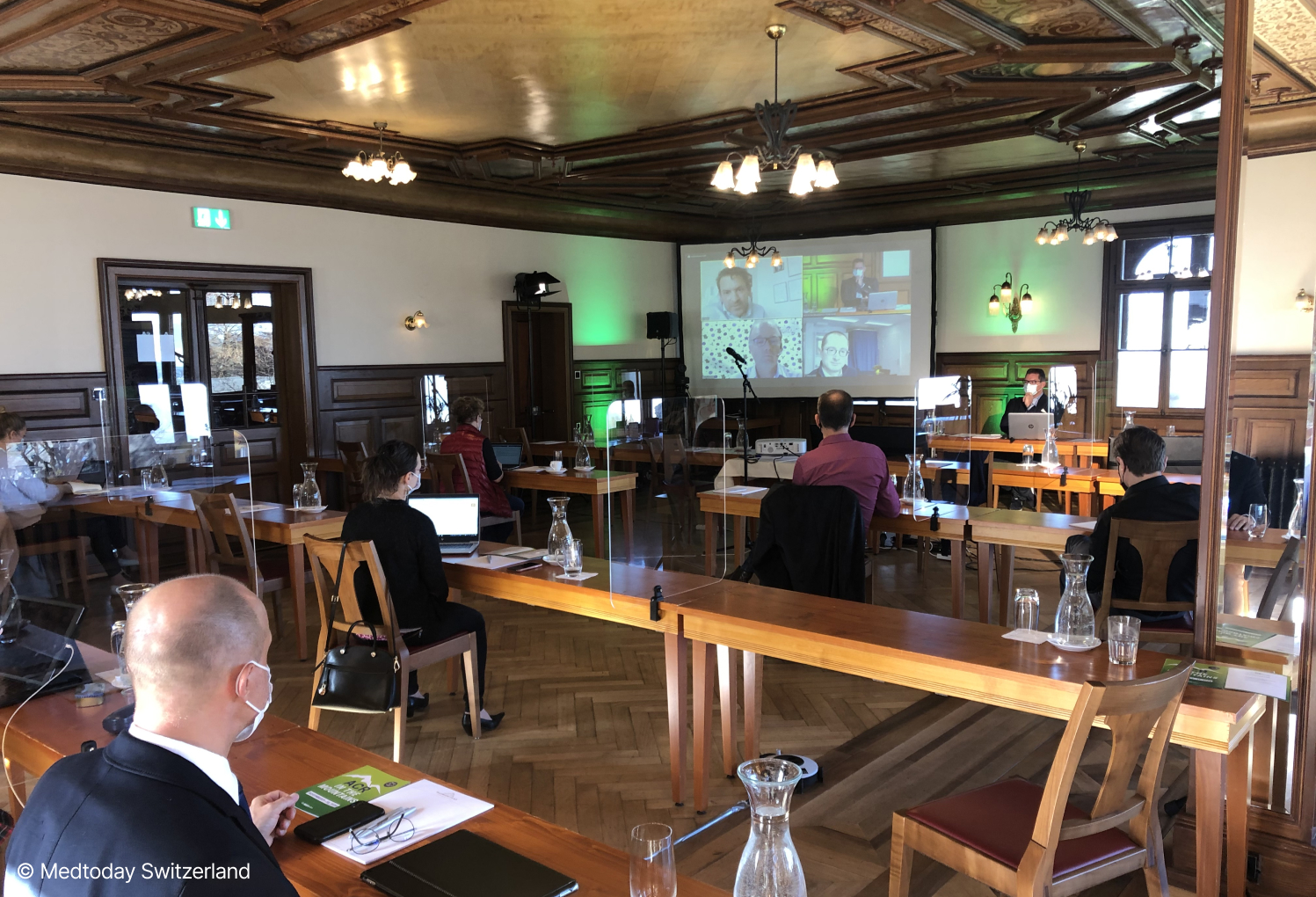
Oncologists are pressed for time. How do they actually select which events they would want to participate in? How useful will it be to have a tool for selecting cancer events based on oncological interest?
Good question that we also try to evaluate. I think they base their selection on the day, time, invited experts, and access possibilities. During consulting hours they probably prefer a webinar or a location next door. Also, the topics and structure of the event play an important role. There is really a huge number of cancer events each year, so a tool could be really helpful for their selection.
What events do Oncologists seek out, which are the ones that must not be missed when it comes to ground-breaking new treatments or the latest findings?
Most oncologists probably do not know the whole variety of events. I think for Swiss oncologists the most important meetings are ASCO and ESMO, as they are the leading societies in cancer research. Most of the time, practice-changing results are presented at either of these congresses. But for specific cancer types, there are also other international congresses (i.e., SABCS, WCLC). Then there are many “Post-Events” that provide summaries of the most important findings.
What should a cancer conference provide to enable oncologists to stay up to date with the latest cancer trial findings while keeping the focus on patients?
Practical implications from a regional point of view. I think it is important that the experts highlight practice-changing studies and explain in a real case how they are going to change their treatment choice. Treatment might be different in different parts of Switzerland, so it is also important to break it down into different regions.
In your opinion, how do knowledge-sharing platforms such as the Oncology Compass impact and shape clinical practice today?
It’s hard to say. I think Covid changed a lot and opened new ways for knowledge-sharing but the movement is not finished yet. The difficult part is, how to select and retrieve the relevant information.
“The difficult part is, how to select and retrieve the relevant information.” – Sybille Holtkamp
Medtoday Switzerland specializes in the organization and set-up of on-site, hybrid, and fully virtual medical education events. Every year, the agency organizes more than 30 events in oncology and other entities such as rheumatology, urology, and gastroenterology, ranging from a 1-hour webinar to a 3-day on-site conference. The company is based in Kilchberg, Zurich.

